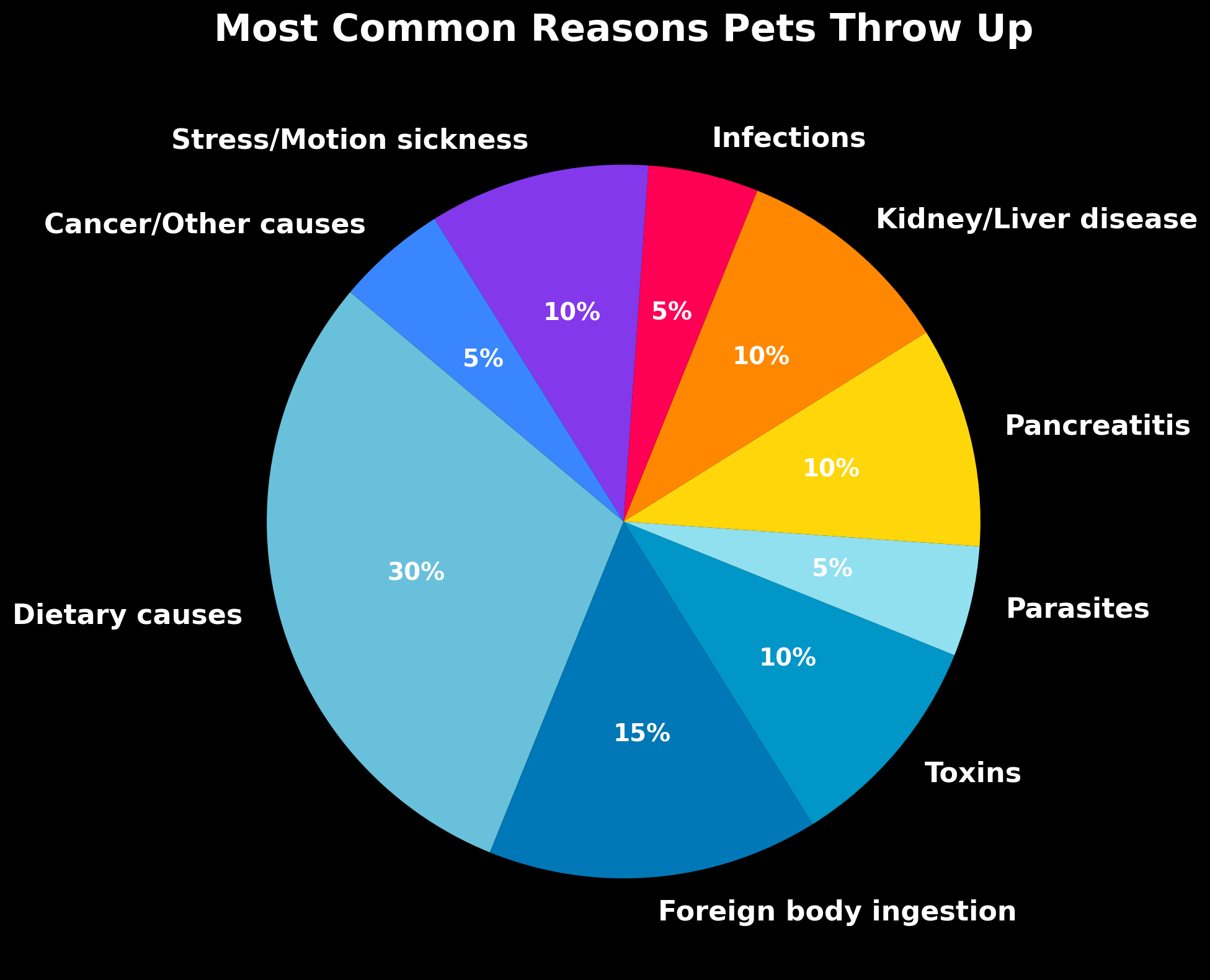
sen·tient /ˈsen(t)SH(ē)ənt/ adjective 1. able to perceive or feel things.
I recently presented at the Institute of Critical Animal Studies (ICAS) conference on “Recognizing Non-Human Animals as Sentient Beings”. I
Weeknights 7PM - Midnight
Weekends 8AM - Midnight

Do you ever wonder, when you bring in your pet to your veterinarian for digestive symptoms, what determines if we recommend abdominal x-rays and lab work, and when we don’t?
Sometimes we just send you home with a special diet, medication and a pat on the back? Why would anyone ever recommend lab work for what is seemingly a simple case of acute vomiting and diarrhea?
I would like to provide you with a quick overview of what is simple and what is not and some of the steps we use to make sense of it all.

History teaches us quite a bit!
We always conduct a physical exam to check for a fever, abdominal pain or something palpable in the intestines. We examine to see if the pet is bright, alert and responsive or lethargic and dehydrated. We also check for weight loss or failure to thrive as well as the presence of concurrent symptoms or co-morbidities.
A physical exam will often dictate what we do next because even a dog appearing healthy can sometimes warrant further investigation. Why? Breed matters. A Poodle or Portuguese Water Dog could have Addison’ disease which is an adrenal gland insufficiency. A German Shepherd could be having gastrointestinal problems because of EPI (exocrine pancreatic insufficiency) or inflammatory bowel disease. A miniature Schnauzer has pancreatitis until proven otherwise.
Acute or Chronic
Another clue we look for is whether the problem is acute or chronic. An acute problem is more likely to be either diet, viral, parasitism, acute urinary tract infection, the ingestion of certain toxins or acute renal failure. What about a Golden Retriever or a doodle of any kind? We will ask about swallowing a dish towel or socks from the laundry basket-and yes, that’s a thing!
A more chronic problem, (lasting for more than two weeks) could be a sign of inflammatory bowel disease, hepatic or pancreatic disease and chronic kidney failure , hyperthyroidism in cats and sadly sometimes the overwhelming diagnosis of cancer. Chronic gastrointestinal symptoms often require more extensive diagnostic workup including blood tests, imaging, endoscopy or biopsies to identify underlying causes like inflammatory bowel disease, food allergies or systemic diseases.
The chronic timeline helps veterinarians determine appropriate diagnostic approaches and treatment strategies, as chronic cases typically require different management than acute episodes.
Our own dog Dixie would often skip a meal, vomit occasionally and suffered from reflux. After extensive lab work, abdomen X-rays, a CT scan, and an abdominal ultrasound, she was ultimately diagnosed with inflammatory bowel disease after she underwent endoscopic intestinal biopsies. She is now thriving on Budesonide, a form of steroid therapy.

Most stomach upsets in pets are mild, but some are red flags. Call your vet if:
Occasional tummy trouble may pass, but when symptoms persist or worsen, don’t wait. Your vet — or Pets After Dark after hours — can help you decide what’s simple and what’s serious.
By Dr. Caroline Simard-Swimmer
Medical Director and Co-Founder, Pets After Dark

I recently presented at the Institute of Critical Animal Studies (ICAS) conference on “Recognizing Non-Human Animals as Sentient Beings”. I

Every year around this time pet owners are warned about toxic foods and holiday hazards. And while it’s important to

Life on the Inside: How to Keep Indoor Cats Happy (and Out of Trouble) There’s something fascinating about how differently
Pets After Dark is a subscription-based service that provides expert, local after-hours veterinary care.